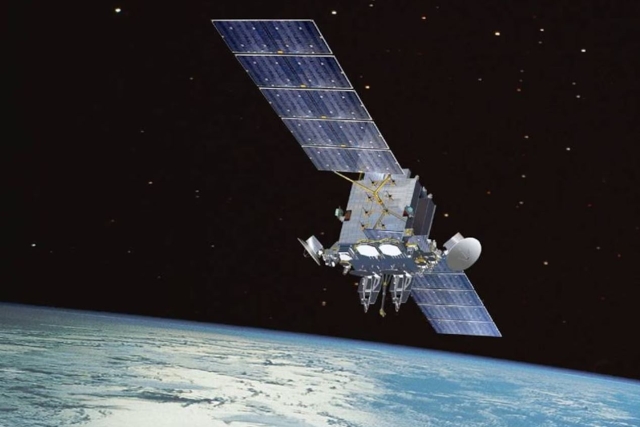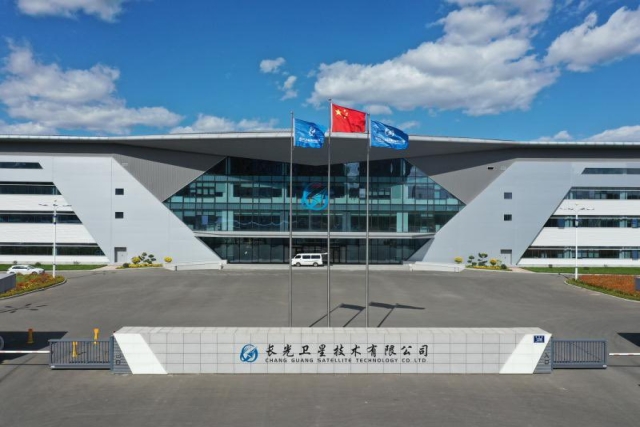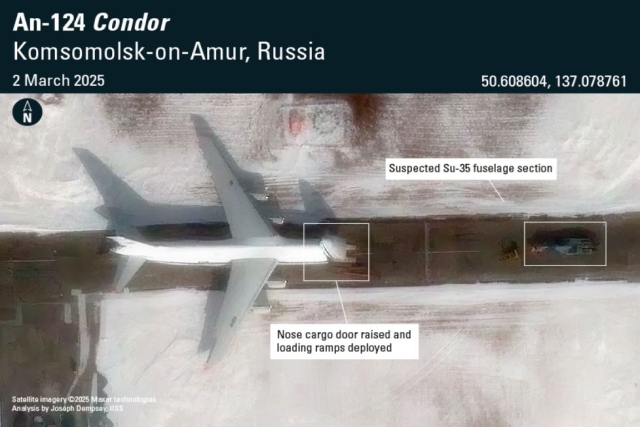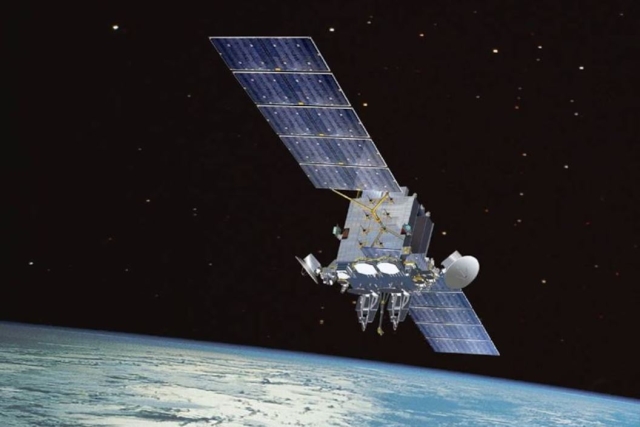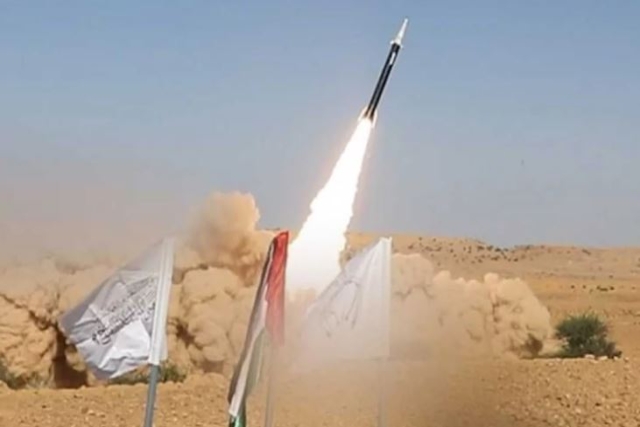KAI to Lead South Korea’s 6G Low-Orbit Satellite Project by 2030
KAI sees LEO satellite communication as key to future air combat systems, AI drones, and next-gen industries relying on secure global connectivity.
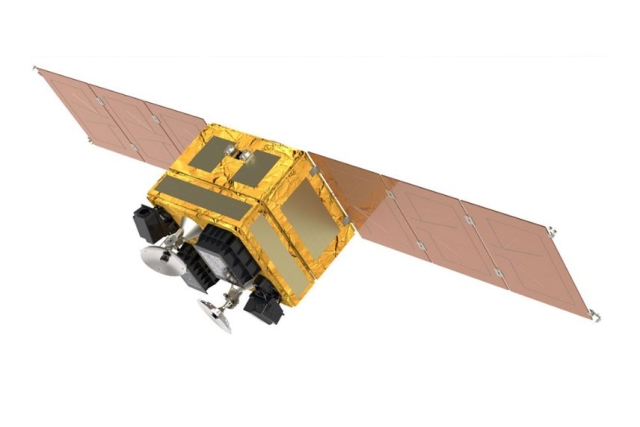
Korea Aerospace Industries (KAI) has been selected to lead satellite development and system integration for South Korea’s 6G International Standard-Based Low-Earth Orbit (LEO) Satellite Communication System Development Project.
The project, running through 2030 with an investment of KRW 320 billion, will develop two LEO communication satellites and associated ground and terminal stations. KAI is tasked with overseeing the satellite platform, communication payload integration, full system assembly, and eventual launch.
KAI will work alongside the Electronics and Telecommunications Research Institute (ETRI), which will handle the communication payload and ground station development, and Solid Co., Ltd., responsible for the terminal station. These collaborations form a comprehensive national effort to create a sovereign satellite communications ecosystem.
LEO satellites—operating at altitudes between 300 km and 1,500 km—enable uninterrupted communication coverage, including in remote, mountainous, or maritime regions, as well as onboard aircraft, addressing the limits of terrestrial networks.
KAI President Kang Gu-young stated, “We will pour all our capabilities into ensuring that South Korea succeeds in developing the world’s first 6G low-orbit communication satellite by 2030, so that it can once again demonstrate its status as a communications powerhouse.”
He further added that this program will support KAI’s long-term strategy of developing manned-unmanned complex systems, powered by 6G satellite links, and exploring the satellite export business through bundled offerings with aircraft.
KAI aims to strengthen global partnerships by leveraging this satellite package model, positioning itself as a defense and aerospace solution provider for countries seeking to build their own communication networks.
KAI has previously worked on South Korea’s space initiatives, including projects on multipurpose satellites, next-generation satellites, microsatellites, and the Korean launch vehicle program. The 6G LEO project is a continuation of this legacy, while also targeting emerging markets in secure and commercial satellite communications.
To foster domestic capability and industrial synergy, KAI is building alliances across key sectors. In October 2024, it signed an MOU with KT and KTsat to form the ‘K³ Alliance,’ aiming to integrate space, telecommunications, and service layers for global commercialization. In January 2025, the alliance extended its cooperation by signing a business agreement with ETRI to co-develop and test next-generation communications technologies.
KAI sees LEO satellite communication as a foundation not only for future military platforms like air combat systems and AI-powered unmanned aerial vehicles, but also for new industries dependent on secure, global connectivity.
